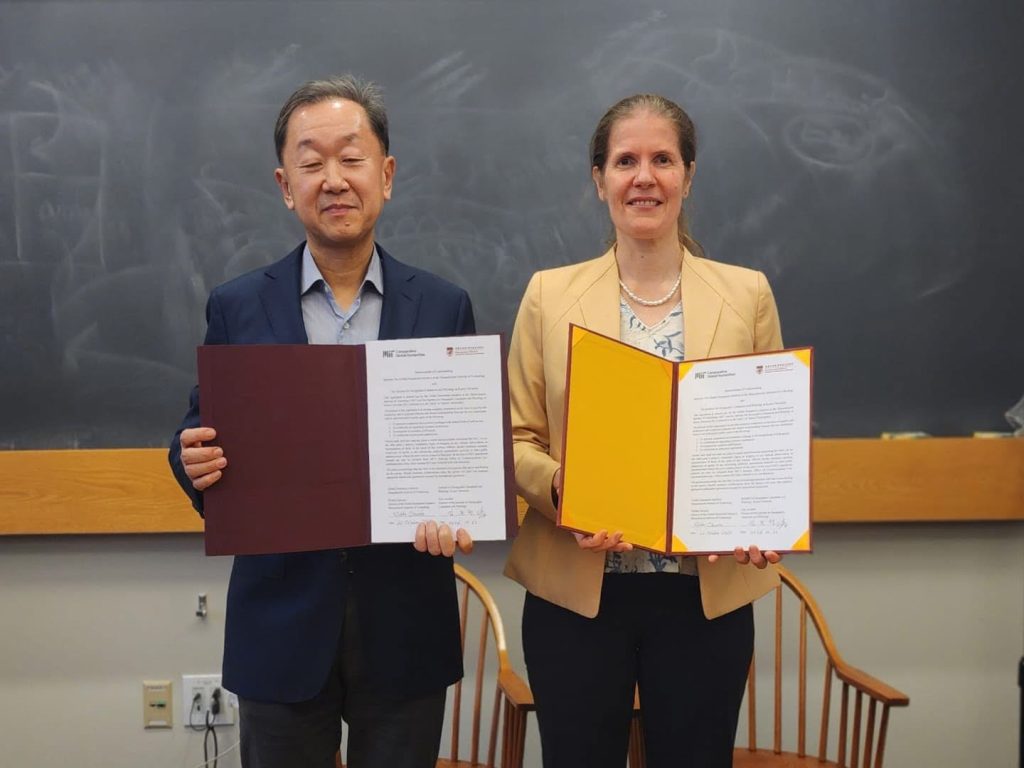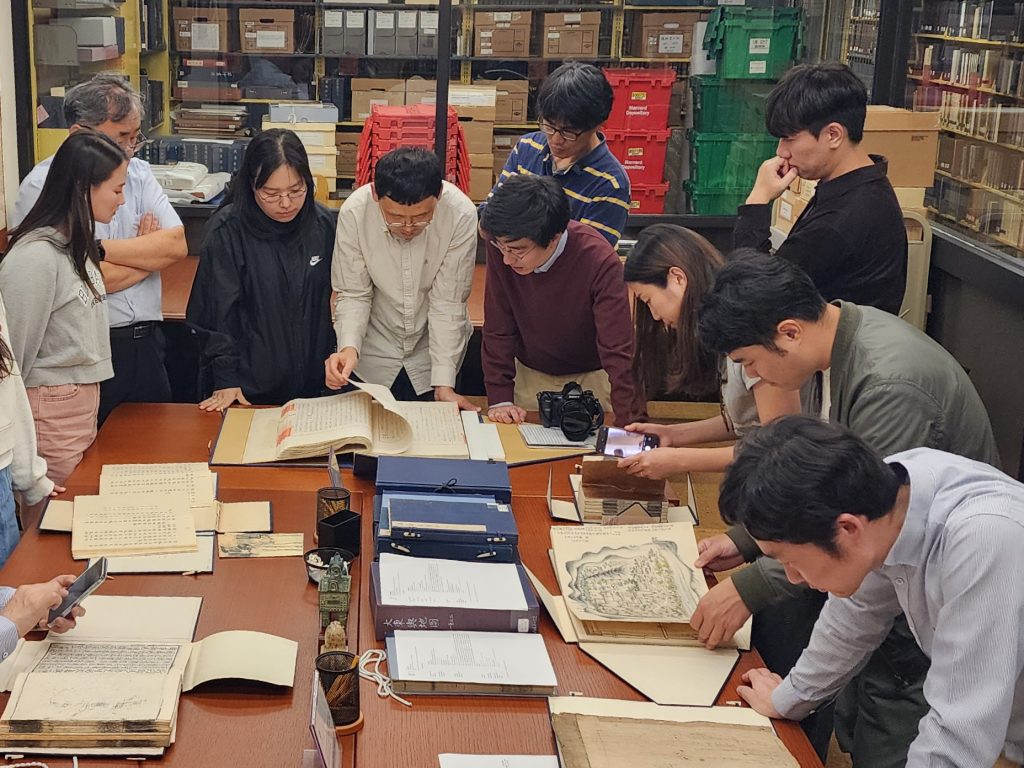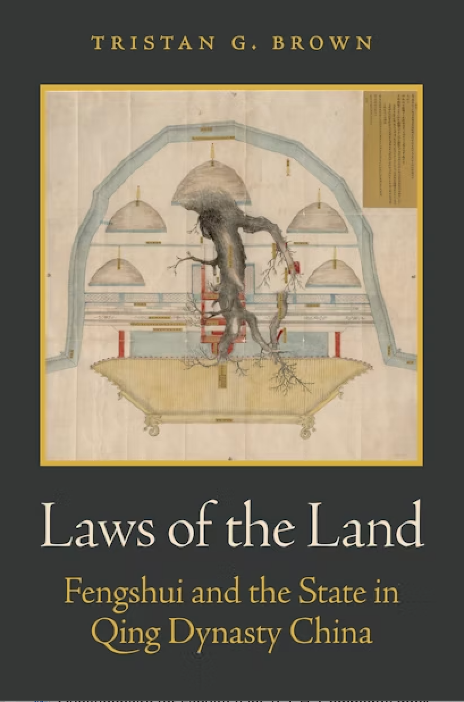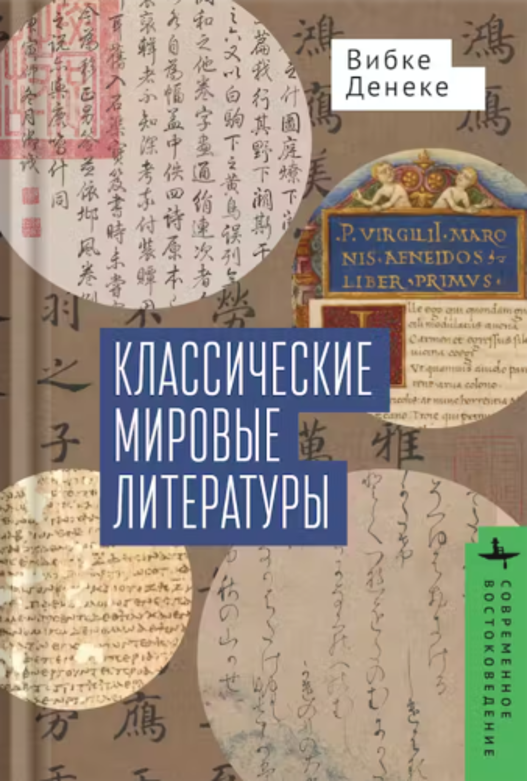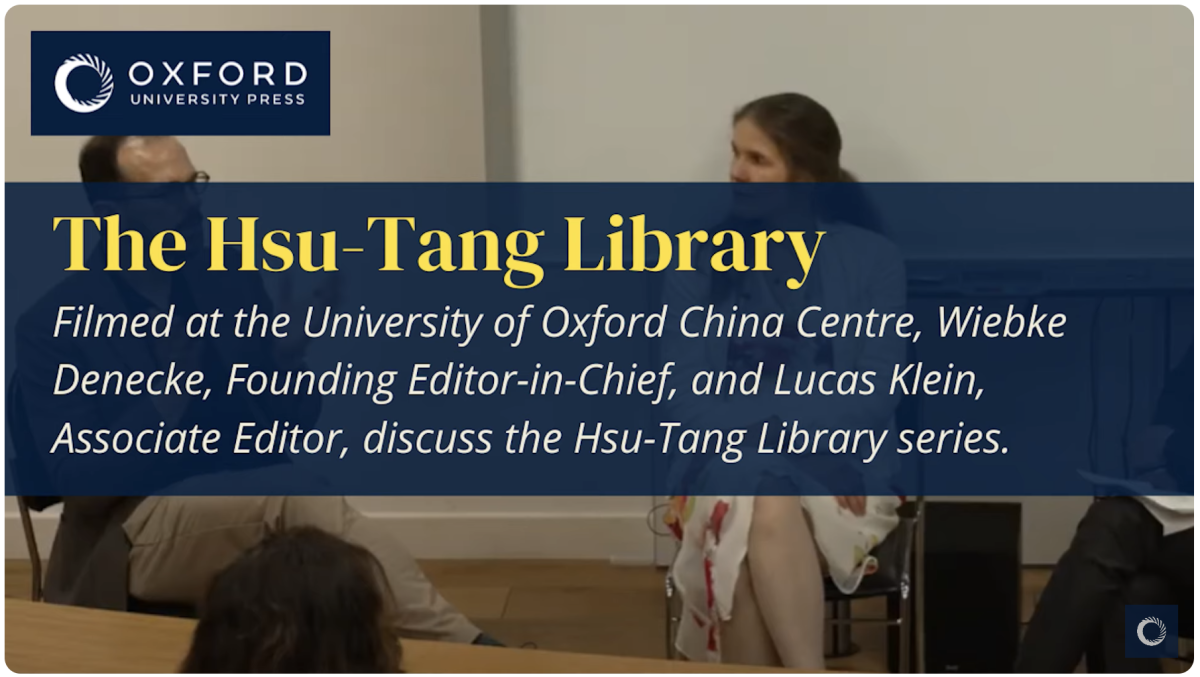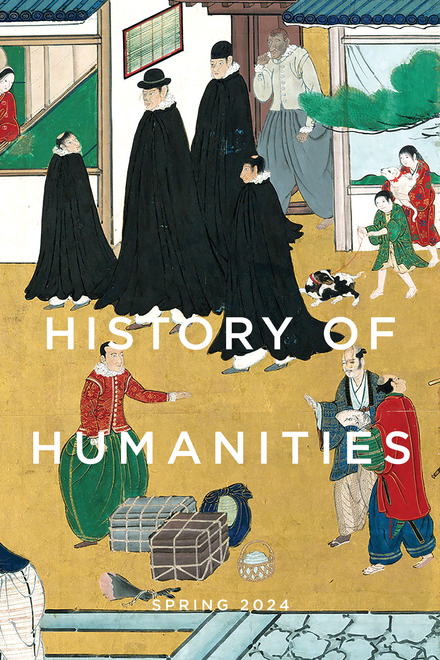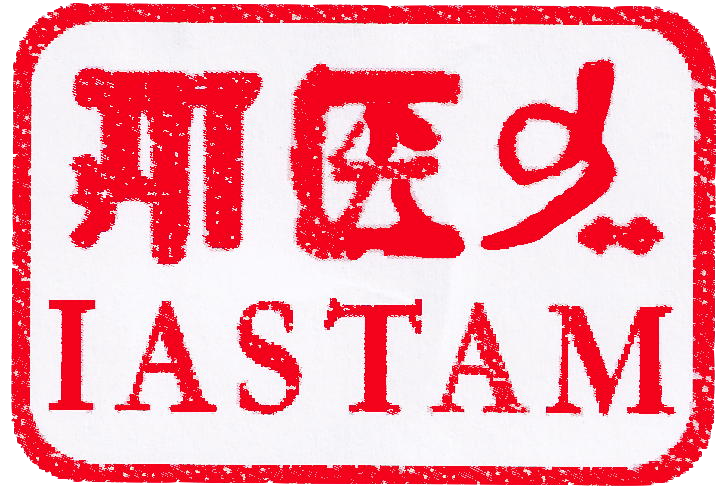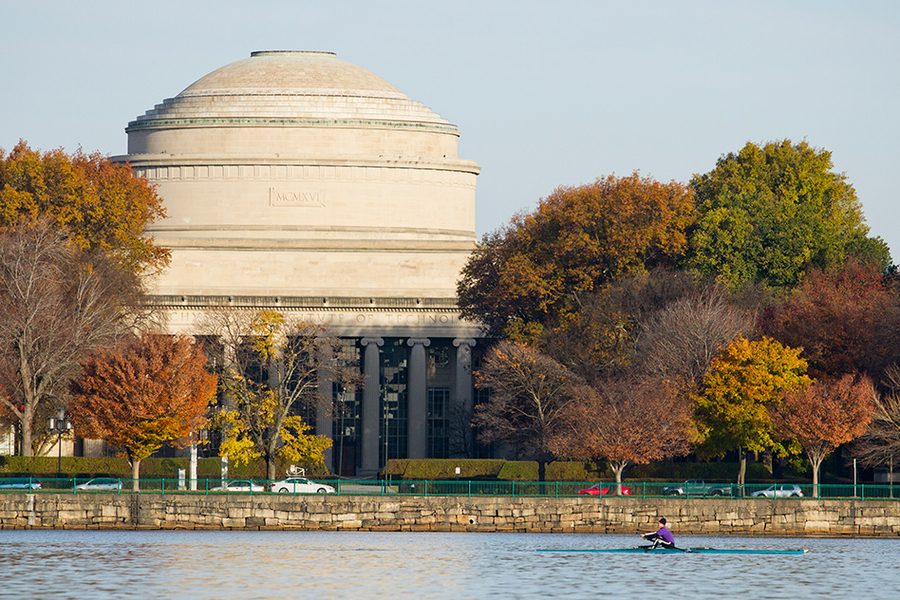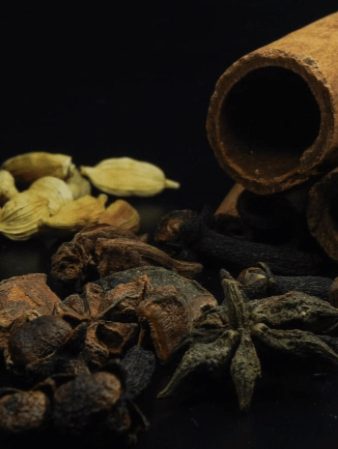On October 22, representatives of the Global Humanities Initiative (GHI) at MIT and Korea University in Seoul signed a Memorandum of Agreement for academic and educational exchanges and collaborations. This agreement builds on eight years of close academic collaboration between faculty members at MIT and Korea University. Korea University is currently establishing a Global Humanities Center in active dialogue with GHI at MIT. The delegation included former Vice President of Korea University, Song Hyokkey, the Associate Dean of the College of Liberal Arts, Lim Junchul, and prominent faculty in Korean and Chinese literature and humanities. The visit included two workshops on collaborative book projects in pre-modern East Asian studies, a special session hosted by Harvard faculty for the study of rare books at the Harvard-Yenching Library, and a visit to Salem to explore with curators from the Peabody Essex Museum, the legacy of the earliest Korean student Yu Kil-chun, who arrived in Boston and studied in Massachusetts beginning in 1883.
We look forward to continuing and growing our partnership with Korea University and their Global Humanities Center.



